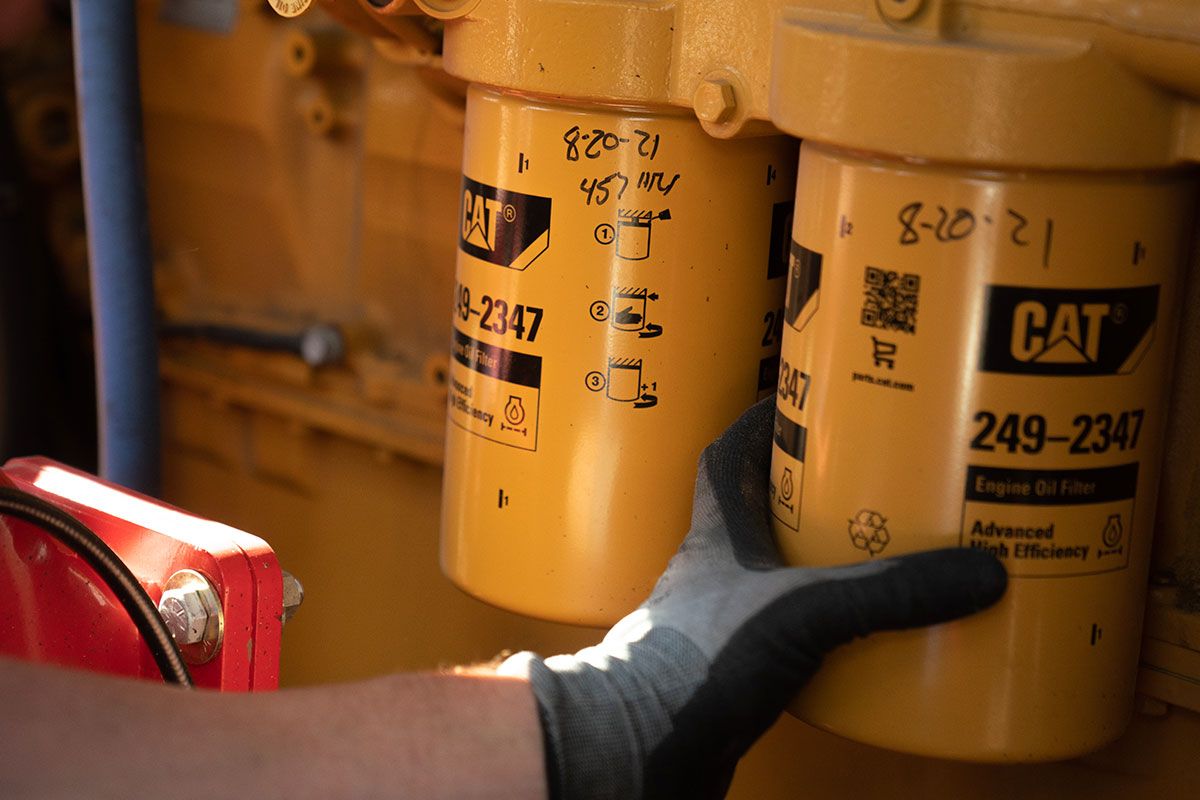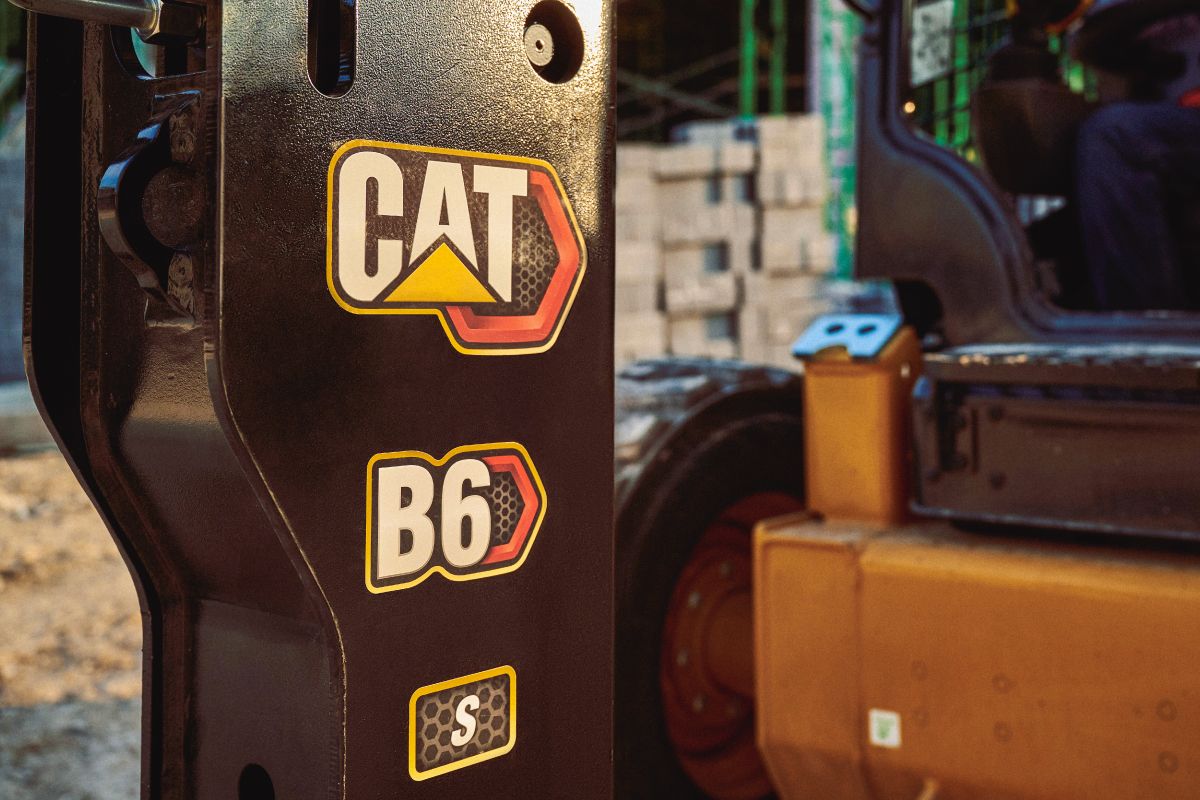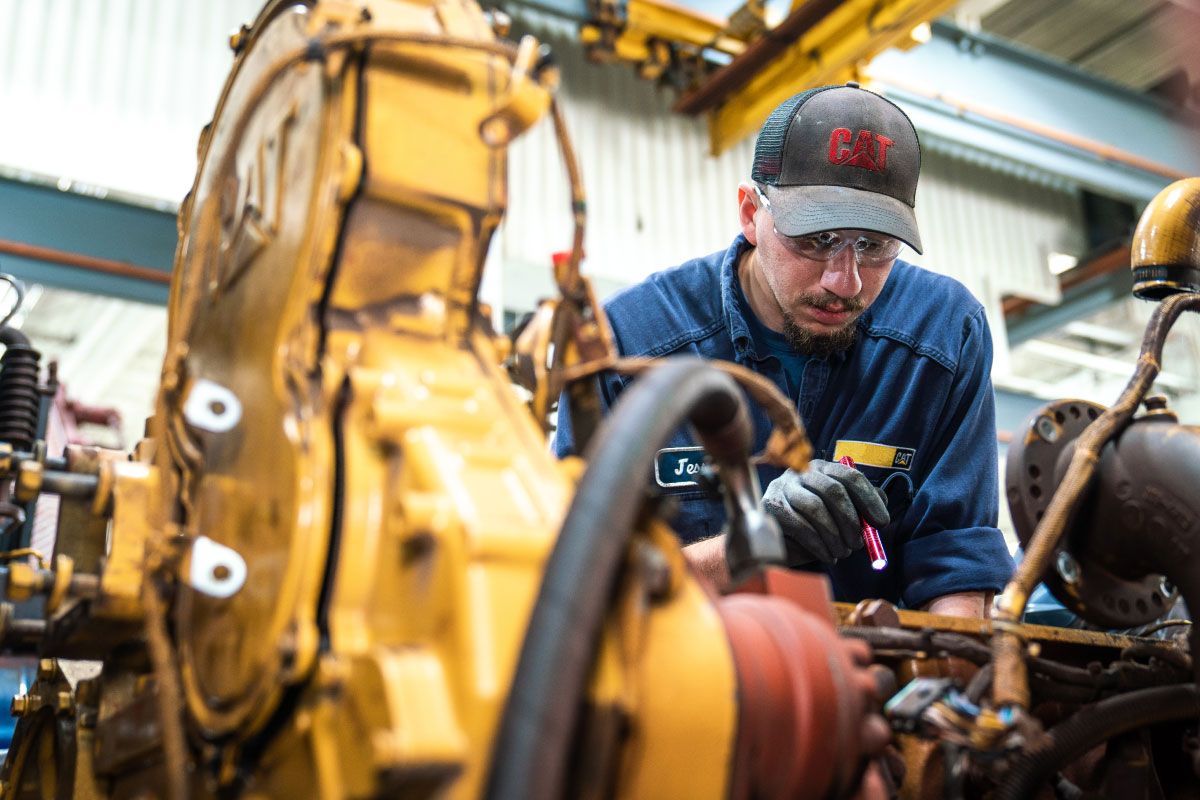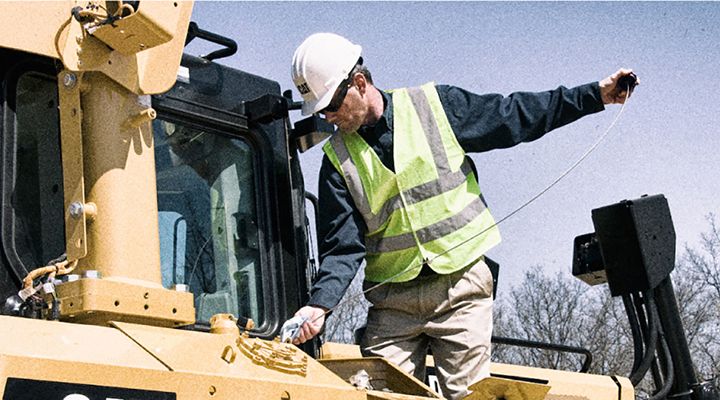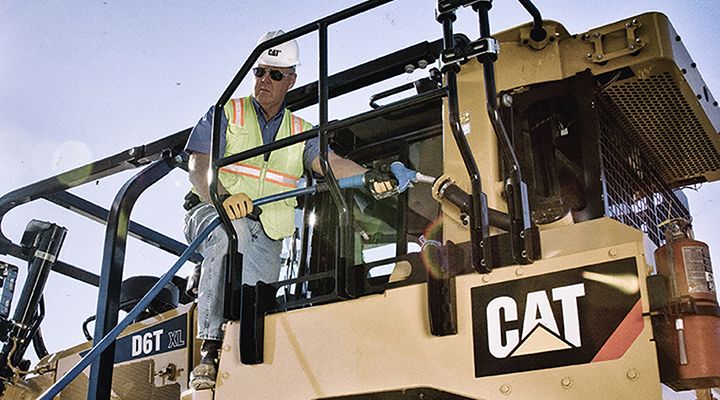

Sign In
Welcome! Sign In to personalize your Cat.com experience
If you already have an existing account with another Cat App, you can use the same account to sign in here
Register Now
One Account. All of Cat.
Your Caterpillar account is the single account you use to log in to select services and applications we offer. Shop for parts and machines online, manage your fleet, go mobile, and more.
Account Information
Site Settings
Security
Cat® Engine Summer Maintenance Tips
The arrival of warmer weather means keeping up with these maintenance tips so that your diesel engines run smoothly.
CAITLIN MADDOCK-BAHR | Social Media & Digital Strategy Manager

If you own a machine or piece of equipment with a Cat® engine, you know how important it is to keep it in good shape and prevent any problems that could affect your performance and efficiency. This is especially true in the summer when higher temperatures and more demand can add extra stress to your machine’s engine. Check out our tips on maintaining your Cat engine in the summer heat so you can avoid unexpected downtime.

Why is engine maintenance essential?
Cat engines are designed to deliver reliable and consistent power for various applications, such as construction, mining, agriculture and more. They are also built to meet the strict emissions standards and regulations for different regions and industries. However, to make sure your engine performs at its best and complies with the emissions requirements, you should follow a regular preventative maintenance schedule and frequently check your engine components. This will help you:
- Extend the lifespan of your engine and its parts
- Reduce fuel consumption and operating costs
- Prevent breakdowns and costly repairs
- Enhance safety and performance
- Protect the environment and your reputation


How to maintain your engines in the summer
Here are some of the critical steps you should take to preserve your Cat engine in the summer.
Check Your Cooling System Regularly
Your cooling system is vital for preventing overheating and engine damage. It’s made up of several components, including the coolant, hoses, belts, radiator and fan. You should check these components regularly and look for any signs of leaks, cracks, wear or corrosion that could affect the performance of your cooling system. If you need to top up your coolant, mix only the recommended type with distilled water. Never use tap water since it can cause scaling and corrosion.

Change Your Oil and Filter According to the Schedule
Oil is essential for lubricating and protecting engine components from friction and wear. It also helps to remove heat and contaminants from the engine. However, oil can degrade over time and lose its effectiveness. Change your oil and filter according to the manufacturer’s schedule or the Cat Electronic Service Tool (EST) recommendations. Use only the approved oil grade and viscosity for your engine model and operating conditions.
Inspect Your Air Filter and Intake System
Your air filter and intake system deliver clean air to your engine for combustion. Dirty or clogged air filters can reduce airflow and engine efficiency and increase fuel consumption and emissions. Inspect your air filter and intake system regularly and replace them when needed. Use only genuine Cat filters designed to fit your engine and provide the best filtration.
Avoid Unnecessary Idling
Idling your engine wastes fuel and increases emissions and can cause carbon buildup in your cylinders, valves and injectors. It can also affect your aftertreatment system, which needs high exhaust temperatures to function correctly. To avoid these problems, limit your idling time to the minimum necessary for warm-up, cool-down or operation. Use the Cat Auto Idle Shutdown feature on your engine to automatically shut off the engine after a preset idle time.
Don’t Overload Your Engine
Overloading your engine can cause excessive heat, stress and wear on your engine components. It can also reduce your fuel efficiency and increase your emissions. To prevent overloading, follow your engine model and application's rated power and torque specifications. Use your engine's Cat Power Management System (PMS) to enhance your power output and fuel consumption.
Don’t Ignore Warning Signs or Fault Codes
If you notice any unusual noises, smells, smoke or performance issues with your engine, don’t ignore them. They could be a sign of a severe problem that needs immediate attention. If you see any warning lights or fault codes on your instrument panel or Cat EST, don’t dismiss them. They could alert you to a potential malfunction or failure that could damage your engine or affect its emissions compliance. Talk to your Cat dealer or check your service manual for troubleshooting and repair guidance.
Following these tips, you can keep your Cat engines in peak condition during summer. Contact your local Cat dealer for more information on maintaining your Cat engines.



CAITLIN MADDOCK-BAHR
Social Media & Digital Strategy Manager
Caitlin Maddock-Bahr exercises her storytelling expertise as a social media & digital strategy manager. In this role, she not only helps Caterpillar connect with their audience, but helps customers connect with the brand.
RELATED ARTICLES
You’re here to get ideas to grow your business. Read on for machine insights and expert tips and tricks to get more out of every job.
-
7 tips for Cat® diesel engine winter maintenance
Cat® experts offer valuable advice on keeping industrial diesel engines running smoothly during the cold winter months.
Learn More -
CK-4 Engine Oil: What You Need to Know
CK-4 engine oils have been available since late 2016, but if you’re like many heavy equipment owners, you still have questions about them. Get answers here.
Learn More -
Cellular vs Satellite Communications
Normally machine data travels through one of two channels: a cellular network or a satellite system. You choose the channel upfront as it affects the type of hardware that will be installed on or built into your assets. Your equipment dealer can help.
Learn More -
Tips for Managing Diesel Exhaust Fluid: The Latest Addition to Fluid Management
Here’s a pretty startling statistic—in the next year, the off-highway engine market will consume about 20 million gallons of Diesel Exhaust Fluid (DEF). In the next five years that number is projected to rise to 260 million gallons. That’s a lot of equipment running with DEF. DEF does require special attention in its use and storage, so here’s a quick hit list to help you and your crew handle it effectively.
Learn More


